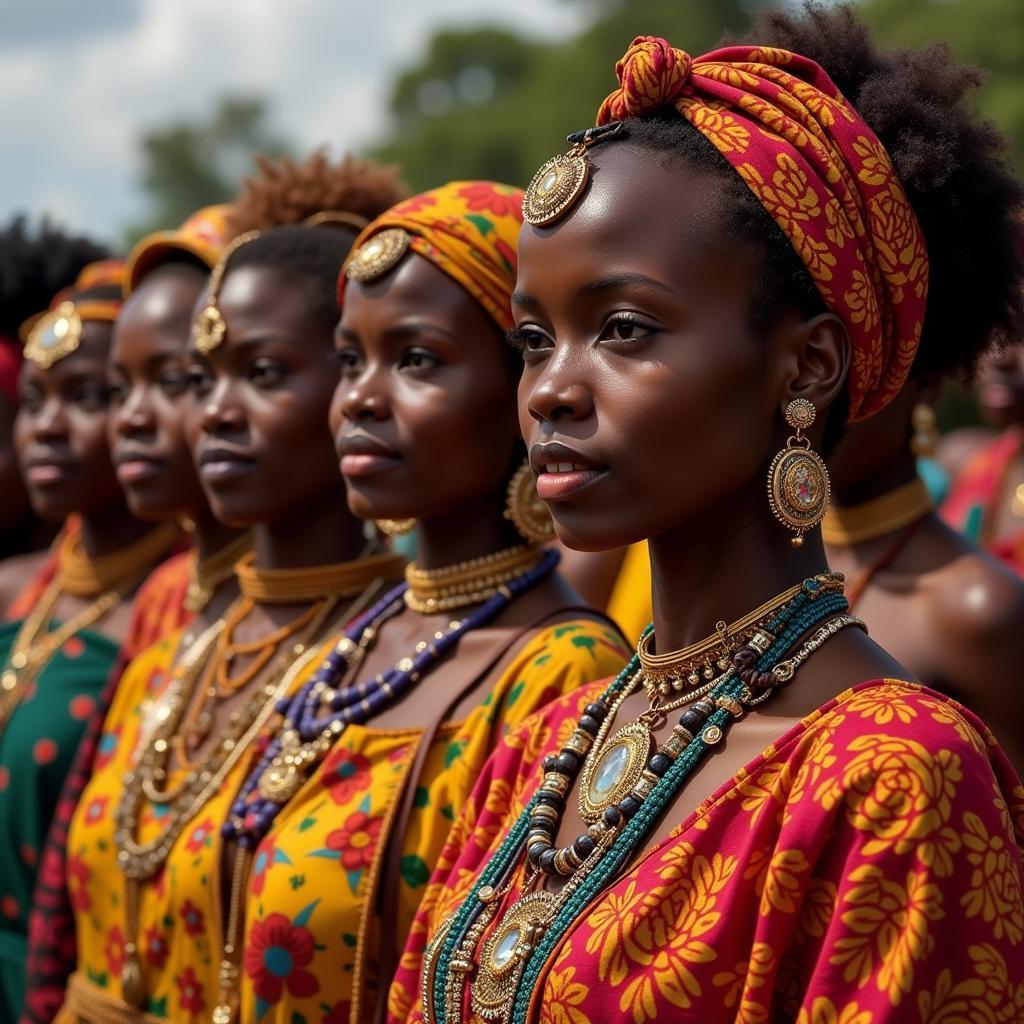African Beliefs About Rape: A Complex and Sensitive Topic
The concept of rape and its perception within African societies is a nuanced and multifaceted issue, shaped by cultural, historical, and religious factors. While generalizations should be avoided, understanding the beliefs and perspectives surrounding this sensitive topic is crucial for promoting respect, justice, and healing within diverse communities.
The Influence of Traditional Beliefs
In many African cultures, beliefs and practices surrounding sexuality, marriage, and family structures can influence perceptions of rape. Traditional values emphasize the importance of family honor and reputation, and sexual assault can be seen as a transgression against these values. In some cases, cultural norms might place the responsibility for sexual assault on the victim, particularly if they are perceived as having violated social expectations or customs.
“It’s important to acknowledge that cultural norms and beliefs are not monolithic,” says Dr. Amina Omar, a sociologist specializing in African gender studies. “While some traditional beliefs may perpetuate harmful views, it’s crucial to avoid making sweeping judgments about entire communities.”
Religious Perspectives
Religion plays a significant role in many African societies. Some religious interpretations, influenced by patriarchal structures, might contribute to victim-blaming and a lack of support for survivors. However, it’s important to highlight that numerous religious leaders and institutions actively promote positive values and advocate for the rights and safety of women and girls.
The Impact of Colonialism and Modernization
The legacy of colonialism has significantly shaped social structures and gender relations in Africa. Colonial powers often imposed patriarchal laws and ideologies, further reinforcing existing gender inequalities and contributing to the normalization of violence against women. Modernization and urbanization have also introduced new challenges, such as increased social mobility and exposure to Western media, which can both challenge and reinforce existing beliefs about rape.
Addressing the Challenges
Promoting awareness, challenging harmful stereotypes, and empowering individuals to speak out against sexual violence are essential steps in addressing the complex issue of rape within African societies. Education, community engagement, and legal reform are crucial components in creating a safe and supportive environment for all.
“We need to move beyond generalizations and engage in critical dialogues about the complexities of rape in African societies,” says Dr. Omar. “Only through honest and respectful conversations can we create lasting change.”
Frequently Asked Questions
What are some of the challenges in addressing rape in African societies?
Addressing rape within African societies presents numerous challenges, including cultural beliefs, social stigma, limited access to legal resources, and ongoing poverty. These factors can create barriers to reporting, seeking justice, and accessing support services for survivors.
How can individuals contribute to preventing rape?
Individuals can play a crucial role in preventing rape by promoting gender equality, challenging harmful stereotypes, advocating for respect and dignity, and speaking out against any form of sexual violence. Supporting organizations that provide services for survivors and advocating for policy changes are also important steps.
What are some resources available for survivors of rape in Africa?
There are various organizations and initiatives in Africa dedicated to supporting survivors of rape. These resources can provide legal assistance, counseling, medical care, and other essential services. It’s crucial to seek support from trusted individuals or organizations to access the necessary help and resources.
Remember:
If you or someone you know needs support or information about rape in Africa, please reach out to the resources mentioned above or contact a trusted professional.
Want to learn more?
Check out these articles on our website:
Please note:
This article is for informational purposes only and does not constitute professional advice. If you are experiencing or witnessing violence, please seek professional help immediately.
